
Spring seems to be very far from keeping the rainy season from the locals of Baton Rouge in Louisiana. Today, we want to talk about the flooding that happened on May 17 (Monday) over at Baton Rouge, its impacts on the residents, and what it can mean for your flood insurance.
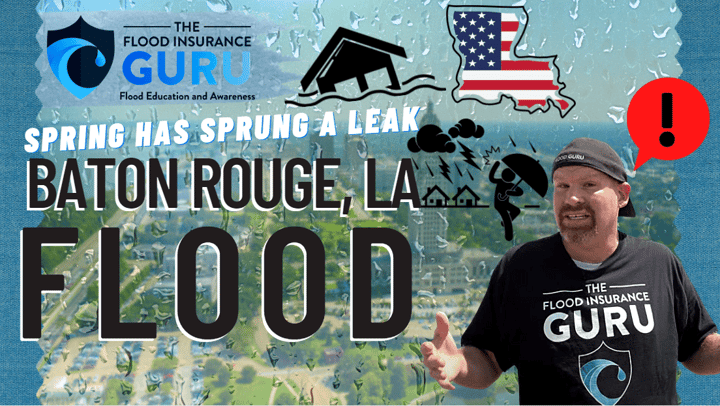
Rainfall and Flooding in Red Stick
It's been a long night in Baton Rouge as a slow-moving rainstorm dumped 10-12 inches of rain before midnight even struck. This in turn immediately prompted the National Weather Service (NWS) to declare a flash flood emergency across Ascension, Iberville, Livingston, and East Baton Rouge.
This caused the I-10 eastbound to be closed past Siegen Lane due to the standing water that inundated the highway. Speaking of flooded roads, fire departments had to respond to a number of water rescues for people who drove into high water.
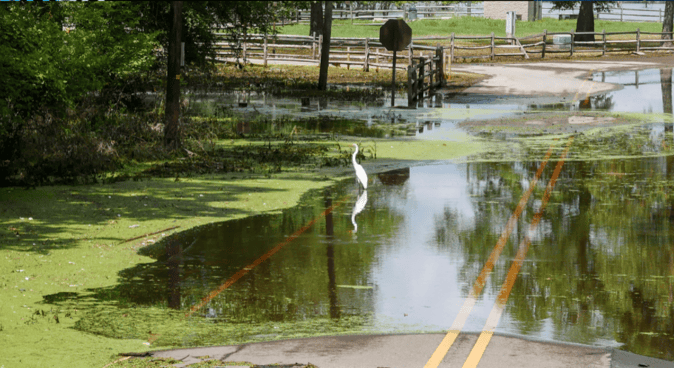
This caused about 7000 locals to also face huge power outages. At the time of writing, the flooding extended to the early morning of Tuesday (May 18), so we're still waiting for the official damages that this flooding brought Baton Rouge, and considering the constant threat of flood, this event may still be extended.
Now, let's talk about things that you really need to know about your flood insurance in times like this.
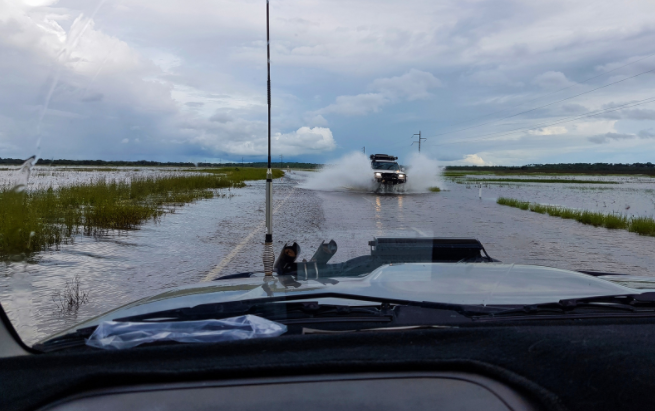
Louisiana Flood Insurance
At the time of writing, we're looking at the state of Louisiana under threat of the upcoming low-pressure and storm systems, and at times like this, you want to make sure that you get your flood insurance in place and know how to really use it for the best when it comes to protecting and repairing your property from flood damage.
We want to talk about what to do before, during, and after flooding happens, so that you can maximize what coverages your policy is going to offer you regardless of it being from the Federal Emergency Management Agency (FEMA) or private insurers.
Loss Avoidance
It's important to note that Baton Rouge flood insurance policyholders can go through loss avoidance. Now, this is one of the things that people forget that they have on their flood policies, but this can really help you reduce the impact of floodings significantly.
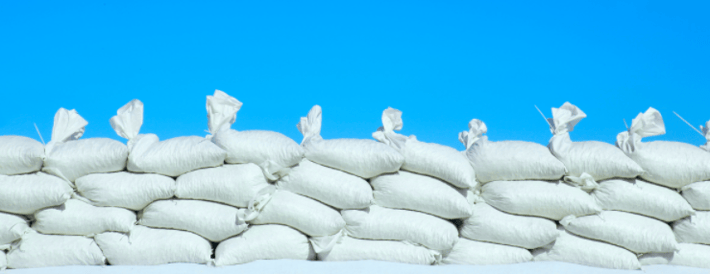
Loss avoidance is a coverage that goes up to $1000 and this helps the insured to get coverage for the expenses of getting sandbags, fills for temporary levees, securing water pumps, and even the labor that goes into making these things be a part of your flood preparation. In times like this, preparing for an imminent flood that can happen any time can help you avoid damages or at least reduce it significantly.
Don't File that Flood Claim!
Stop! Don't you want to know why we discourage filing that flood claim immediately at times like this? Well, let's unpack what happens after you file these claims.

Now, generally, I'd recommend that whenever you file your flood claim since you just had flooding in your area, you want to make sure that it's at least $10,000 in damages to make sure that you get the best out of it. If it's really not that significant of damage or maybe less than $5000, $10000, you might want to hold off on filing that flood insurance claim and strategize with your insurance agent first.
Filing a flood insurance claim will grant you the coverages written on your policy however at the same time this can put your property in a bad light since there's something that's called a severe repetitive loss (SRL), sometimes known simply as repetitive loss, property list.
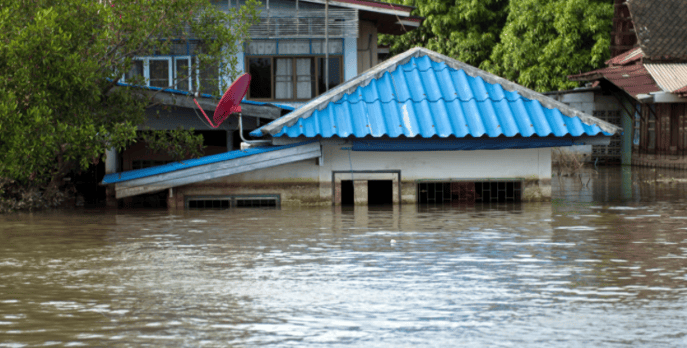
It's important to remember that, unlike other insurance claims, flood claims stay on the property's history forever. This is why a property that files for more than one flood claim in the last ten years will immediately be marked as a repetitive loss property.
When you get into this list, you'd expect your flood insurance premiums to go up especially if you decide to not agree with or failed to do the strict flood mitigation efforts from FEMA. This also drastically hurts the resell value of the property because you don't want to buy a very flood-prone property, right?
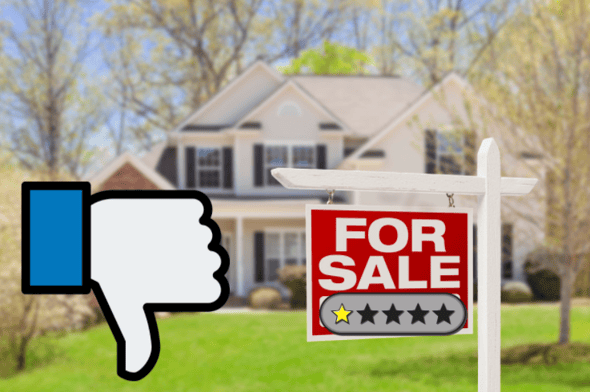
Flood Insurance Options
Lastly, we want to talk about your flood insurance options. If you aren't impacted by this recent flooding then it's good enough of a reason for you to make sure that you ensure that you have a flood policy taking effect on your property at all times.
The NFIP
Louisiana is a part of the participating communities in the National Flood Insurance Program (NFIP) from FEMA. This means that you get access to the federal flood insurance, disaster aid, and disaster grants that FEMA and the federal government provides.
This means that Baton Rouge locals that go through FEMA get the coverages from the NFIP that maxes to $250,000 in property or building coverages and $100,000 for contents or the items inside the listed building. However, unless there's a presidential declaration additional living expenses and loss of use won't be provided in your standard National Flood Insurance Program policy. There are also no replacement costs with federal flood insurance.

Since Baton Rouge is a participating community, depending on your Community Rating System (CRS) score, you're legible to get discounts on flood insurance premiums of up to 40%. With flood insurance premiums averaging $750 in Baton Rouge, it means that you get to have your rates go down to $450.
If you're looking to get a policy from the NFIP, it's important to note that you're going to have to follow the 30-day waiting period before your policy can take effect on your listed property.

The Private Flood
We also have to consider that if the NFIP coverages don't really fit what you and your property need, you can get flood insurance from private insurers.
The private flood insurance market is becoming more popular across the country and one of the possible reasons is that it has significantly lower premiums. In Baton Rouge, the average rates from FEMA are about $700 to $800 but in the private market, this can go down to an average of $300 to $400.
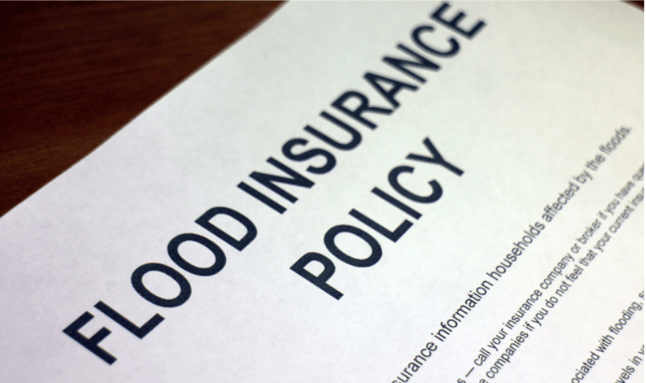
Coverages in private flood can be more than $250,000 for property coverage and more than $100,000 since they don't have those max limits compared to FEMA. Private flood also includes additional living expenses, replacement costs, and loss of use. All of these coverages can take effect within 15 days and some carriers we know can actually write you a policy within the day.

We're going deeper into the eye of the storm seasons, per se. It's pretty normal to expect a lot of rainfall, hailstorms, and flooding which is why you should know how to best protect yourself from these damages. We may not be able to stop these from happening, but we can be sure to prepare how to recover from it.
If you have questions on the flooding that happened in Baton Rouge this week, flood insurance options, or anything about flood, reach out to us.
Remember we have an educational background in flood mitigation and we want to share this to help you protect your property's value long term. Click the links below to call us, get a quote for your flood insurance, or visit our YouTube channel for your daily dose of flood education videos.




